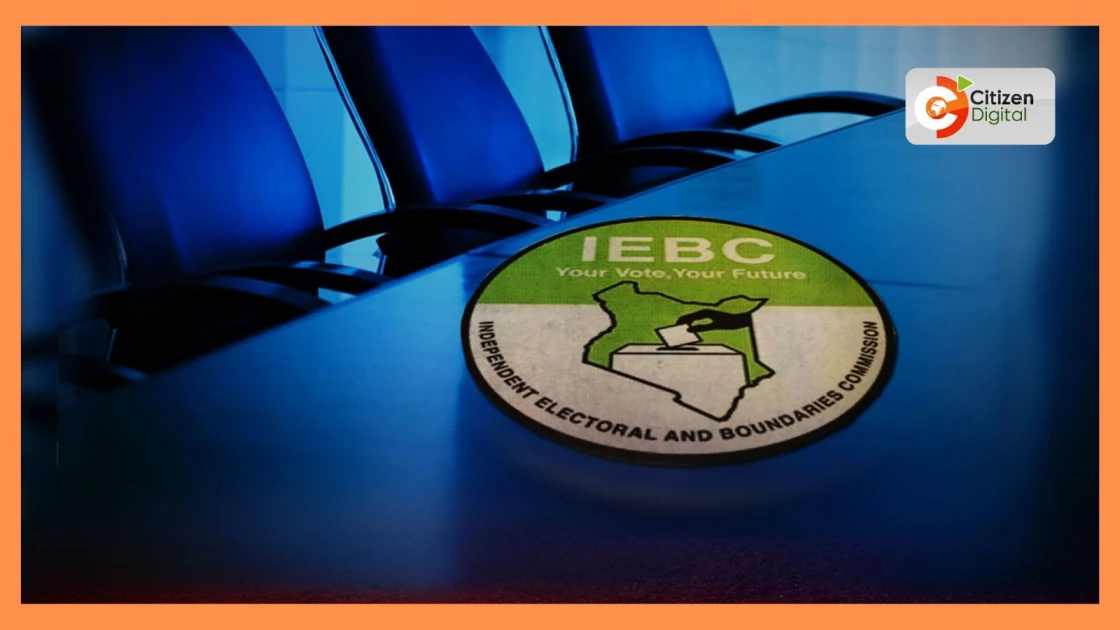Kenyan motorists may have to contend with the controversial motor vehicle circulation tax unless the budget for the next financial year is further slashed. The chairman of Parliament’s Finance and Planning Committee says scrapping the tax will leave the budget with a 58 billion shillings hole, denting the country’s revenue collection. The committee’s opinion came as several stakeholders appearing before it opposed the proposed tax, with the insurance umbrella body stating the tax will endanger Kenyan lives.”The introduction of the motor vehicle circulation tax has been one of the contentious issues in this year’s finance bill, and stakeholders are reading from the same script in its opposition,” said the committee. “Reduce it from 2.5 to 1%,” urged the American Chamber of Commerce. But perhaps the strongest opposition yet came from the Association of Kenya Insurers, who say if implemented, the tax will be detrimental to not just the industry but other sectors associated with it. “We will cover claims relating to third-party claims only… even garages will be affected,” stated the AKI. The insurers say the tax has the potential to reduce the number of vehicles currently insured and, by extension, the safety of Kenyans. According to the association, there are close to three million vehicles registered in Kenya and out of these, only 1.5 million have some insurance. The new tax will make this number even smaller. “Imagine if my vehicle costs 2 million shillings; the tax will be 50k, and the third-party insurance will cost 7,500. Will it be logical to pay that amount?” questioned a concerned motorist. The committee’s chairman, however, stated the need to raise the revenues to be generated through this tax proposal. “Removing 58 billion would be removing it from the budget. The easiest way would be to cut the budget; the only way would be to reduce the budget,” said Kimani Kuria. Experts further maintained that the proposed taxation measures, including 16% VAT on aviation-related issues, will be detrimental to the industry, especially on tourism. “The VAT will make the cost of air travel to Kenya more expensive,” warned the IATA.
Proposed Motor Vehicle Circulation Tax Faces Strong Opposition from Stakeholders


